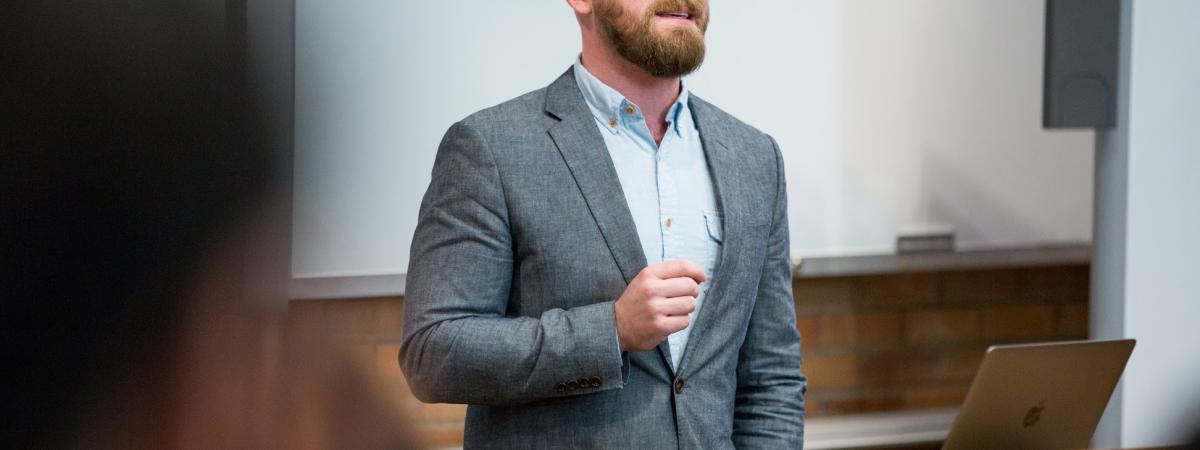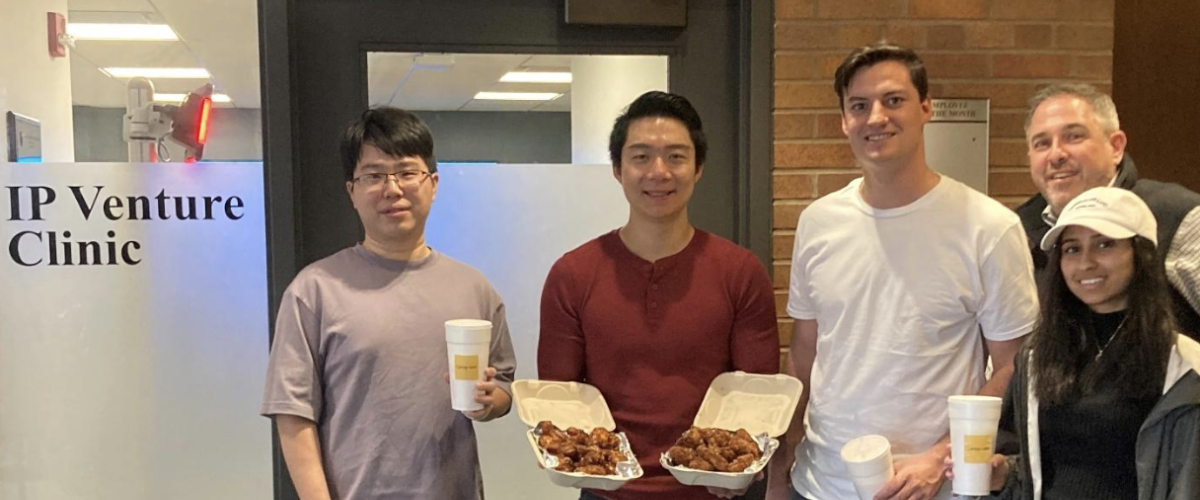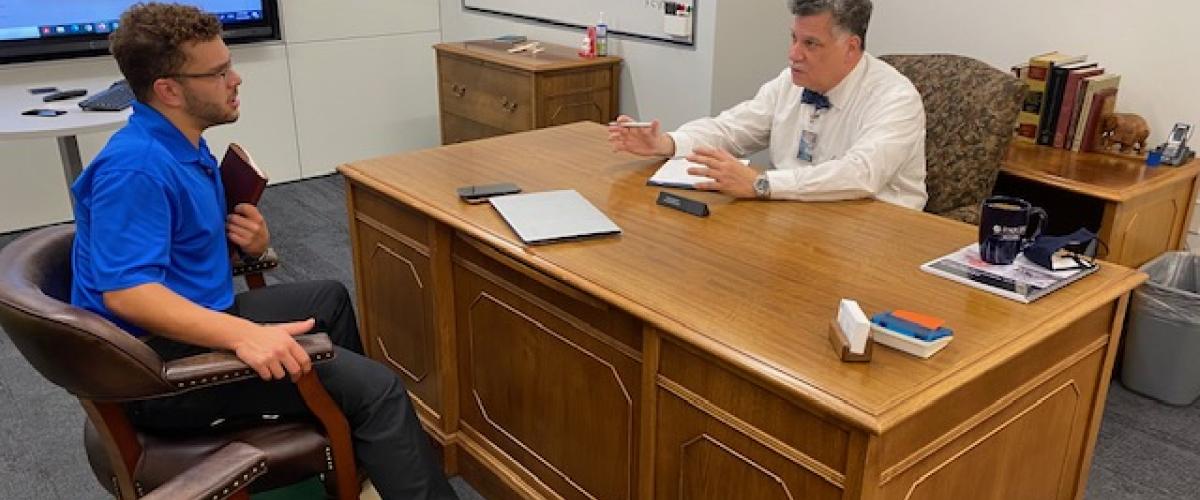Aaron Perzanowski, associate director of the Spangenberg Center for Law, Technology & the Arts, teaches copyright, trademark, and property law. His research on the intersection of intellectual and personal property explores the notion of ownership in a digital economy. And his work on IP and social norms considers the ways in which informal governance influences creative production.
He is also the co-author of The End of Ownership (MIT Press 2016) and co-editor of Creativity Without Law (NYU Press 2017) and his latest book, The Right to Repair, is forthcoming from Cambridge University press.
|
Q. In your upcoming book, on the right to repair., you examine the legal fights, ecological concerns and economic impacts that are centered around the rights of the consumer to repair the products they own — rights that have been diminished in recent years. With legislation in the U.S. and Europe challenging corporate rights to exclusively repair the products they make, do you see this as a trend that has reached its peak or as something that will continue to grow? Perzanowski: Some of the strategies firms use to interfere with repair and promote planned obsolescence have been around for decades but the incorporation of software and network connectivity into products, from our cars to our kitchen appliances, has accelerated this trend. Today, the profitability of some of the world’s largest companies depends on their ability to control, and in some cases suppress, the market for repair services. We are approaching a critical decision as a society, whether we want to embrace a form of disposable digital consumerism—and the economic and environmental costs it entails—or if we will demand products that are durable and designed with repair in mind. Q. This is the second book you have written detailing the modern relationship consumers have with the products they buy. Why did you choose to explore this area again, and how does this build on your previous book, "The End of Ownership?" Perzanowski: In many ways, my interest in repair is a natural outgrowth of the work that Jason Schultz I did on the challenges digital goods pose for traditional notions of ownership. There, we were largely focused on the ways in which our rights to possess and transfer digital goods are inconsistent with their analog counterparts. But we also noted the trend of reimporting those digital restrictions into the realm of tangible, electronic devices. Repair restrictions are one manifestation of that trend. But in addition to concerns about property, the repair debate raises difficult questions of competition and consumer protection law. Q. You've also done extensive research on the failings of the intellectual property system to address the needs, concerns and motivations across a broad group of creative communities that prefer exercising self-regulation rather than fighting in courts. What makes an informal system like this work and are there any lessons that you think the IP law community should learn from artists? Perzanowski: The research on IP and social norms, much of which is collected in my book with Kate Darling, Creativity Without Law, reveals that the typical incentive justification for intellectual property is often inconsistent with creative practice. Many creators, from comedians and tattoo artists to physicians and chefs, do not rely on legal exclusivity to regulate or motivate their behavior. Instead, they turn to informal social sanctions to police norms around creativity and copying. And often, these informal systems are better calibrated to the specific contexts and concerns of creators when compared to the rigid, one-size-fits-all rules of copyright and patent law. In that sense, more traditional creative industries might learn from these varied communities. |
|
|





